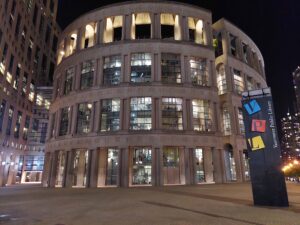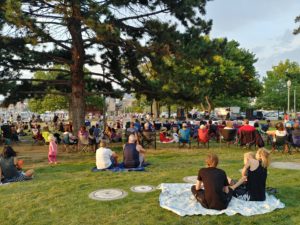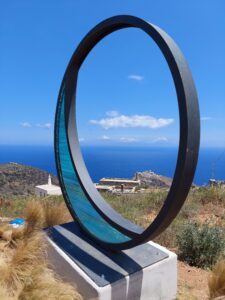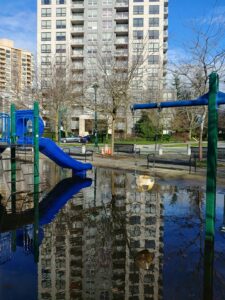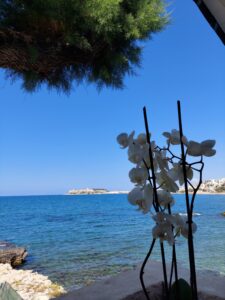Repost from Ecocities Emerging. 3 min read

by Jennie Moore, Director, Institute Sustainability at British Columbia Institute of Technology and Director, Centre for Ecocities at BCIT
The International Ecocity Standards were developed by Ecocity Builders with input from an international core group of advisors that over time has grown to include feedback from world-leading experts as well as professional practitioners in cities, local government, and civil society. The work to develop the standards started in Vancouver in 2010. They were officially launched at the Rio+20 Conference in Rio de Janeiro in 2012, and over the years, they have continued to evolve through input at Ecocity World Summit conferences and Focus Labs (Ecocity Builders, 2019a).
The International Ecocity Standards provide “an innovative vision for an ecologically-restorative human civilization as well as a practical methodology for assessing and guiding progress towards the goal” (Ecocity Builders, 2019b).

The UN Sustainable Development Goals (SDGs) were born at the Rio+20 Conference, where the International Ecocity Standards were launched. “The objective was to produce a set of universal goals that meet the urgent environmental, political, and economic challenges facing our world” (UNDP 2020). The SDGs replace the Millennium Development Goals with a primary focus on ending poverty. The SDGs retain and expand that agenda to also address global pressing challenges related to, for example, climate change, gender equality, inclusivity, and peace (UNDP 2020).
Both the International Ecocity Standards and the UN Sustainable Development goals are conceived in a holistic way, meaning that progress in any standard or goal contributes to progress towards all standards and goals. However, whereas the Ecocity Standards address the building of ecologically healthy cities specifically, the SDGs address development generally. This has led to observations by international experts, born out by lived experience in the field, that the Ecocity Standards provide a useful way for cities and communities to develop locally relevant pathways to achieving the SDGs.
The Global Goals Week runs September 18 to 26 with a roster of initiatives and activities aimed at raising awareness and stimulating action. As we engage in the work of building ecologically healthy cities, I encourage you to take a moment to reflect on the ways that the International Ecocity Standards and SDGs can work together to advance an ecologically restorative human civilization that meets the urgent environmental, political, and economic challenges facing our world. Use the links in this article to get involved and stay connected.
References:
Ecocity Builders. 2019a. Ecocity Standards: History. Online resource available at: https://ecocitystandards.org/history/ (Accessed on September 3, 2020).
Ecocity Builders. 2019b. Ecocity Standards. Online resource available at: https://ecocitystandards.org (Accessed on September 3, 2020).
UNDP. 2020. Sustainable Development Goals: Background on the Goals. Online resource available at: https://www.undp.org/content/undp/en/home/sustainable-development-goals/background.html (Accessed on September 3, 2020).climate actionClimate changeclimateimpactcoronacoronaviruscovid-19EcocityEcocity BuildersSustainability
About the author
Dr. Jennie Moore is Director, Institute Sustainability at the British Columbia Institute of Technology. Dr. Moore has extensive experience in the realm of ecological sustainability and urban systems including climate change and energy management, green buildings and eco-industrial networking. Prior to joining BCIT she worked for over a decade at Metro Vancouver as Manager of Strategic Initiatives. Her research explores the potential for Vancouver to achieve one-planet living. Jennie is a senior associate of the One Earth Initiative and a core advisor to the International Ecocity Framework and Standards.





